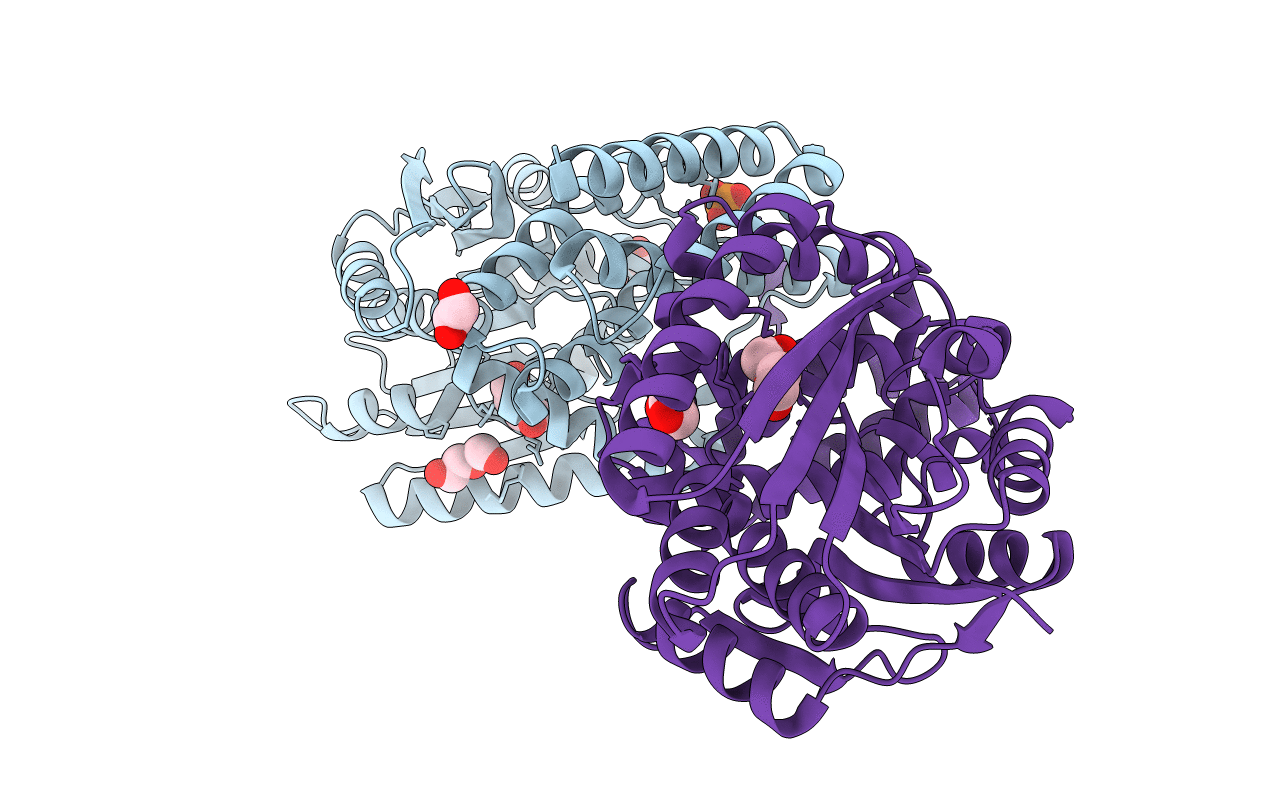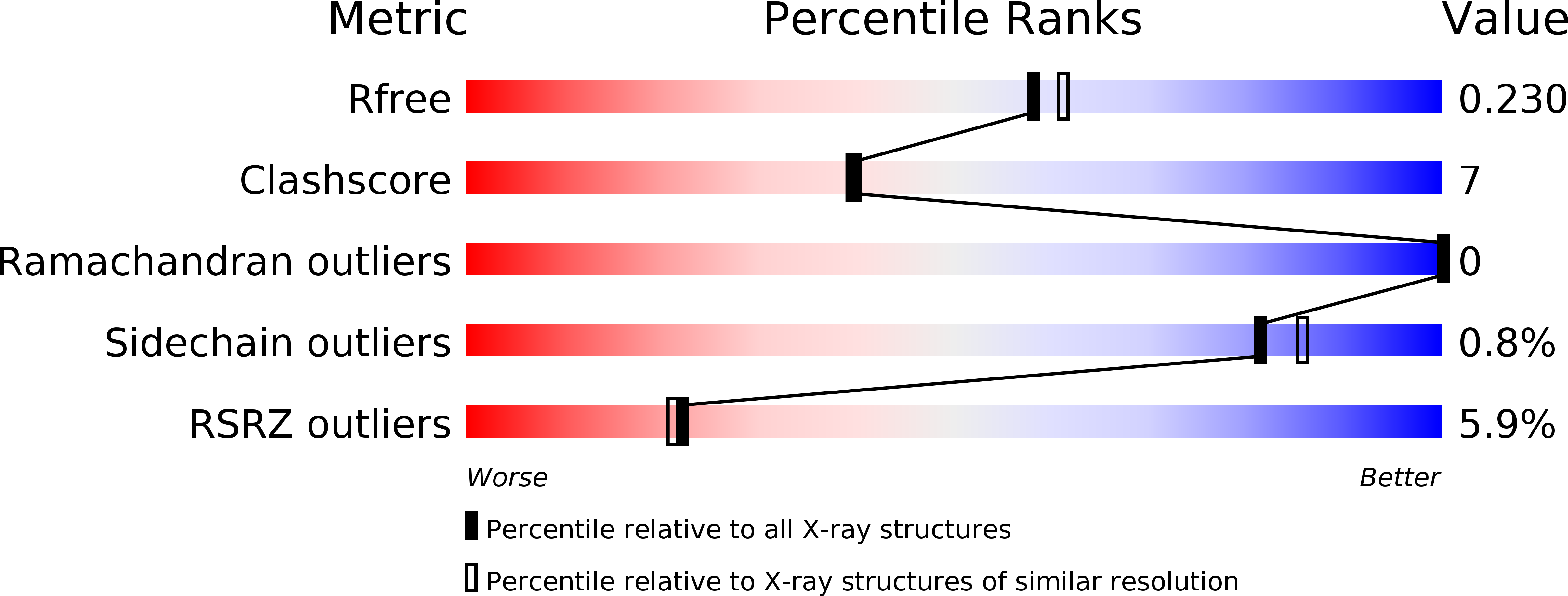
Deposition Date
2016-02-29
Release Date
2017-03-01
Last Version Date
2024-03-20
Entry Detail
PDB ID:
5B3G
Keywords:
Title:
The crystal structure of the heterodimer of SHORT-ROOT and SCARECROW GRAS domains
Biological Source:
Source Organism(s):
Arabidopsis thaliana (Taxon ID: 3702)
Expression System(s):
Method Details:
Experimental Method:
Resolution:
2.00 Å
R-Value Free:
0.22
R-Value Work:
0.18
R-Value Observed:
0.18
Space Group:
P 1 21 1


